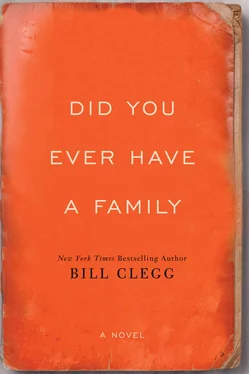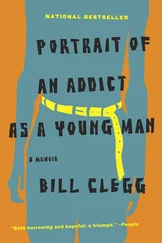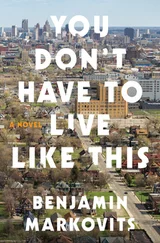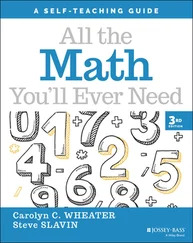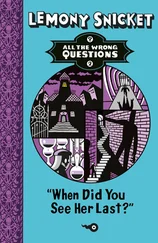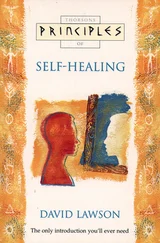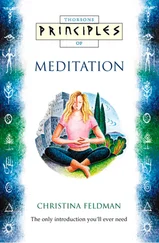Many people, the younger girls mostly, felt June Reid had crossed a line when she started up with Luke Morey. They always made a fuss about him. He was good-looking, I’ll give you that. Not a surprise since Lydia’s father was devil handsome in his day, and Lydia has always been what men seem to find attractive. Even so, much of Luke’s looks came from the fact that he didn’t look like anyone else around here. He was like a wild orchid growing in a hayfield. No one ever knew who his father was, but they sure knew he was black. I hate to say what it suggests about this town that there is virtually no one who could have been the father. The older couple in Cornwall, dead now, were retired scientists from Boston, and mixed — her black, him white; and the principal’s adopted son, Seth, he’s black but was only six or seven when Luke was born. This was our town at the time, which no one much thought of to be honest except in instances that exposed it like when Lydia Morey had her baby. It’s been at least three decades since that boy was born, but nothing much — at least on that front — has changed. More weekenders, of course, fewer local families, who one by one have sold their farms and land and houses to people who spend maybe a few weeks total in them every year. Saturdays and Sundays, a week or two in the summer. The truth is that most of the houses in this town stand empty. They blink with security gizmos, are scrubbed and dusted and jammed to the ceiling with beautiful furniture, but there’s no one home. I drove down South Main Street a few months ago — middle of the week, nine o’clock in the evening after supper at my sister’s house — and not a light on anywhere. The moon was out, so I could see the chimney tops and the dormers, but one after the next, all the way down to the town green, dark. It occurred to me that night and since that we no longer live in a town, not a real one anyway. We live in a pricey museum, one that’s only open on weekends, and we are its janitors.
It used to be that most of the big, old houses in Wells were owned and lived in by local families. I ought to know because I grew up in one. Granted, it was the rectory at St. David’s where my father served as rector for over thirty years, but back then the job came with a six-bedroom house with four fireplaces and a barn down in back. Now there’s a rector — some woman called Jesse, if you can believe it — who splits her time between three churches and lives in an apartment in Litchfield. The church rents out the rectory to a young family from the city who come up, yes, you guessed it, on weekends. Of course they have never, not once to my eye anyway, stepped into St. David’s. Which is hardly surprising since there are only fifteen or so of us who still come Sunday morning. Like the houses along the green, the old church sits empty save for a handful of hours on weekends. My father retired years ago, and died not long after, but I still go every Sunday. I kept his old key, so I let myself in early and set up the altar flowers with whatever is unsold from the shop and on its way to the garbage. No one can see wilting petals from the pews.
It might shock some of the old-timers at St. David’s to find out that I gave up on God a long time ago, when my mother started to disappear into Alzheimer’s, which has to be the slowest, cruelest way out there is. She started to go when I was in high school and died a week after my fortieth birthday. By then and for a long time before she was unrecognizable. Angry, awful, and completely dependent on me. My sister went to college and I stayed home to help with what my father was too proud and cheap to hire anyone else to do. Not that I needed one, but it’s not exactly easy to find a boyfriend let alone a husband when you’re living as an unpaid round-the-clock nurse in your parents’ house. I don’t waste my time wishing things had gone differently, and I don’t pretend that if I’d prayed any harder it would have. I’ve been on my own without God’s help or a husband for a long time now.
Most of the people I grew up with have moved to Torrington or across the state line to Millerton or Amenia, and even those towns are getting expensive. But some manage to burrow into the corners of the town, tuck into its folds, and stay, as I have. Lydia Morey has, too, though it’s hard to imagine why. She’s the last of her family around here, and by family I don’t mean Morey. It’s amazing to me she kept that name. She’s a Hannafin and she knows it. Who can guess what that woman was ever thinking, so her choice to keep that name is no more of a surprise than her choosing to stick around after she gave birth to that black baby boy. When Luke was born, it was clear to everyone that Lydia’s husband, redheaded, freckle-faced Earl Morey, was not the father. He packed Lydia’s bags that very night and told her not to come back. She went straight from the maternity ward to her mother’s couch. Her mother was still around then, and she took them both in for a while, but she made no secret of her disgust. She worked as a teller at the bank in those days, and you could hear her carrying on at the drive-through to anyone who’d listen about her lunatic daughter, who she was certain had gotten caught up with cults and black men and God knows what. Everyone sided with Earl, who comes from a big family that’s been around here forever, and Lydia Morey was for a while as banished as one can be in a town of fifteen hundred people, half of whom barely live here.
Over time, people came around, for the most part. Luke was always liked, especially there for a bit in high school when he was breaking state records for swimming and even, I think, being whispered about for the Olympics; but Lydia remained a loner, save for a few poor choices in the man department. To be fair, the pickings are slim around here, and the poor woman, pretty as she is, did the best she could. With pickings this slim, someone like Luke Morey, once he finally cleaned up his act, became a prize goose at the fair to the women in town. His skin was definitely his father’s, whoever that was, but he had his mother’s wide-set, green eyes and high cheekbones. Add to that at least six feet and a somewhat successful landscaping business, and you’ve got enough to turn a few heads. He turned heads his whole life, but never so much as when he went to jail, just a few months after high school, and then, later, when he moved in with June Reid, who was over twenty years his senior and from the city. From the time that boy was born he was the talk of the town, and given what happened, how he went, and how many he took with him, he always will be.
When I drove over to June Reid’s that morning with the daisies and saw the nightmare surrounding her property — all that smoke, the old stone house destroyed by fire, the empty tent — I did not stop. I just kept driving. Without thinking, I drove straight to my sister’s place, where we sat and drank a pot of mint tea picked fresh from her garden. She’d already been called — by whom I don’t know — and she told me what happened. Killed, all of them — the young couple, June’s ex-husband, and that doomed Luke Morey. For a long time, we just sat and watched the steam rise from our mother’s old, pale green china teacups. Later, I walked out the back door and into the field behind her house. I was out there for hours, unsure what to do or where to go. I wandered through the high grass and all those horrible daisies, from the wood line to the road, back and forth, back and forth, running my old, wrinkled hands over all those bright and unlucky weeds. Eventually, I came in. I stayed the night. And the next night, too.
The daisies did not go to waste. Every single one was put to use. They never did see the inside of any jelly jars, but they found their way into a hundred or more funeral arrangements. Even when no one asked for them — and let’s face it, most did not — I still found a way to make them work. No one ever accused me of being a soft touch, but when something like what happened at June Reid’s that morning happens, you feel right away like the smallest, weakest person in the world. That nothing you do could possibly matter. That nothing matters. Which is why, when you stumble upon something you can do, you do it. So that’s what I did.
Читать дальше
